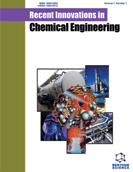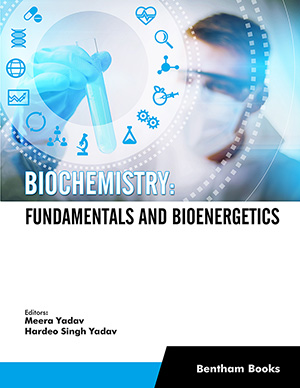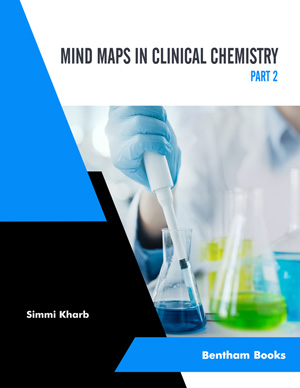Abstract
The nutritional and therapeutic potential of medicinal plants is constantly being investigated. This is especially relevant in today's world, where an increasing number of people are turning to complementary and alternative therapies to address their health-related concerns. Traditional knowledge, as a valuable resource, plays a crucial role in the development of new herbal medicines. Abroma augusta stands out as one such medicinal plant that has a rich history of use in traditional medicine. It has been employed to address a wide spectrum of health issues, including diabetes, menstrual irregularities, respiratory problems, musculoskeletal disorders, urinary ailments, and sexual dysfunctions, among others. While various parts of this plant species are believed to possess pharmacological properties, the active compounds and underlying mechanisms remain largely unexplored. To facilitate the development of innovative drugs for the benefit of individuals, this study places significant emphasis on delving into the phytochemical and ethnomedicinal attributes of A. augusta. Moreover, it seeks to bolster its findings with scientifically validated pharmacological investigations conducted through both in vivo and in vitro methodologies.























